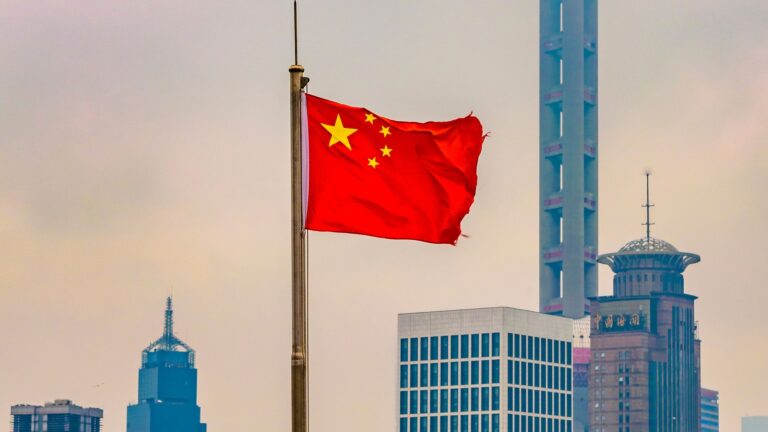Key Takeaways:
- Two Chinese citizens charged with smuggling a dangerous fungus into the U.S.
- The fungus, Fusarium graminearum, is linked to agroterrorism threats.
- The suspects allegedly received funding from the Chinese government for their research.
- Part of their work was conducted at the University of Michigan.
The U.S. Department of Justice has charged two Chinese nationals, Yunqing Jian and Zunyong Liu, for allegedly smuggling a dangerous fungus into the United States. This fungus, known as Fusarium graminearum, has been flagged in scientific studies as a potential weapon for agroterrorism.
What is Fusarium graminearum?
Fusarium graminearum is a fungus that can infect crops like wheat, barley, and corn. It produces toxins that can harm humans and animals if consumed. While it’s naturally found in some environments, scientists have warned that it could be weaponized to destroy crops and disrupt food supplies.
The Alleged Smuggling Operation
According to the Justice Department, Jian and Liu were involved in smuggling Fusarium graminearum into the U.S. The complaint suggests that Jian’s research, partly funded by the Chinese government, played a role in this alleged scheme. Some of this research was conducted at the University of Michigan, where Jian was affiliated.
The case has raised concerns about the misuse of scientific research and the potential risks of foreign funding for academic projects.
What Does This Mean for the U.S.?
The smuggling of Fusarium graminearum has raised alarms because of its potential to be used as a biological weapon. If used in an agroterrorism attack, it could devastate U.S. crops, leading to food shortages and economic damage.
The case also highlights the challenges of monitoring foreign-funded research in American universities. While international collaboration is key to scientific progress, this incident shows how it can sometimes be exploited for questionable purposes.
Why Was This Fungus Targeted?
Fusarium graminearum is particularly dangerous because it’s highly contagious and can spread quickly through crops. Its toxins, such as vomitoxin, can make infected grain unsafe for human and animal consumption.
Scientific research on this fungus is legitimate when aimed at understanding and combatting its effects. However, when such research is allegedly misused for malicious purposes, it becomes a serious national security threat.
The Role of the Chinese Government
The complaint alleges that Jian and Liu’s research was funded by the Chinese government. While it’s unclear if the Chinese government directly authorized the smuggling, the case has sparked concerns about the intentions behind such funding.
The U.S. has long been wary of Chinese investments in American academic institutions, particularly in sensitive fields like biology and technology. This case may fuel further scrutiny of foreign-funded research in the U.S.
What’s Next for Jian and Liu?
The charges against Jian and Liu mark the beginning of a legal battle. If convicted, they could face severe penalties, including imprisonment and fines.
The case also sets a precedent for how the U.S. handles foreign nationals accused of smuggling biological materials. It emphasizes the need for stricter oversight of imported substances, especially those with potential dual-use applications.
Protecting American Agriculture
The U.S. agriculture sector is a critical part of the economy, providing food for millions and exporting goods worldwide. A successful agroterrorism attack using Fusarium graminearum could cripple this industry, causing widespread harm.
To prevent such threats, the U.S. must strengthen its defenses against biological threats. This includes better screening of imported materials, stricter controls on dangerous pathogens, and closer monitoring of foreign-funded research.
Conclusion
The case of Yunqing Jian and Zunyong Liu highlights the risks of biological smuggling and the potential for scientific research to be misused. As the U.S. confronts this growing threat, it must balance open scientific collaboration with robust security measures to protect its food supply and national security.
This incident serves as a reminder of the importance of vigilance in the face of evolving threats to global safety.









